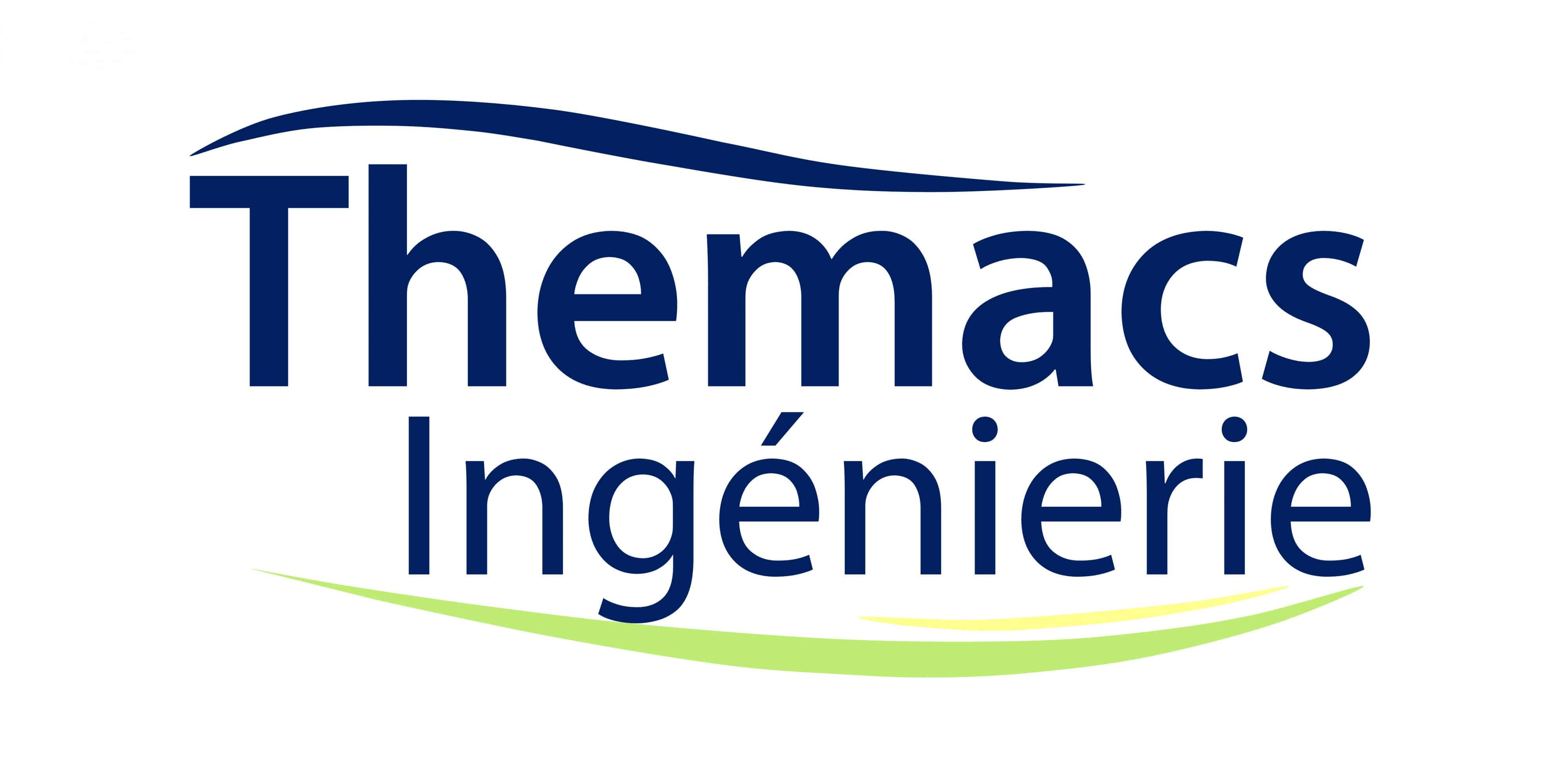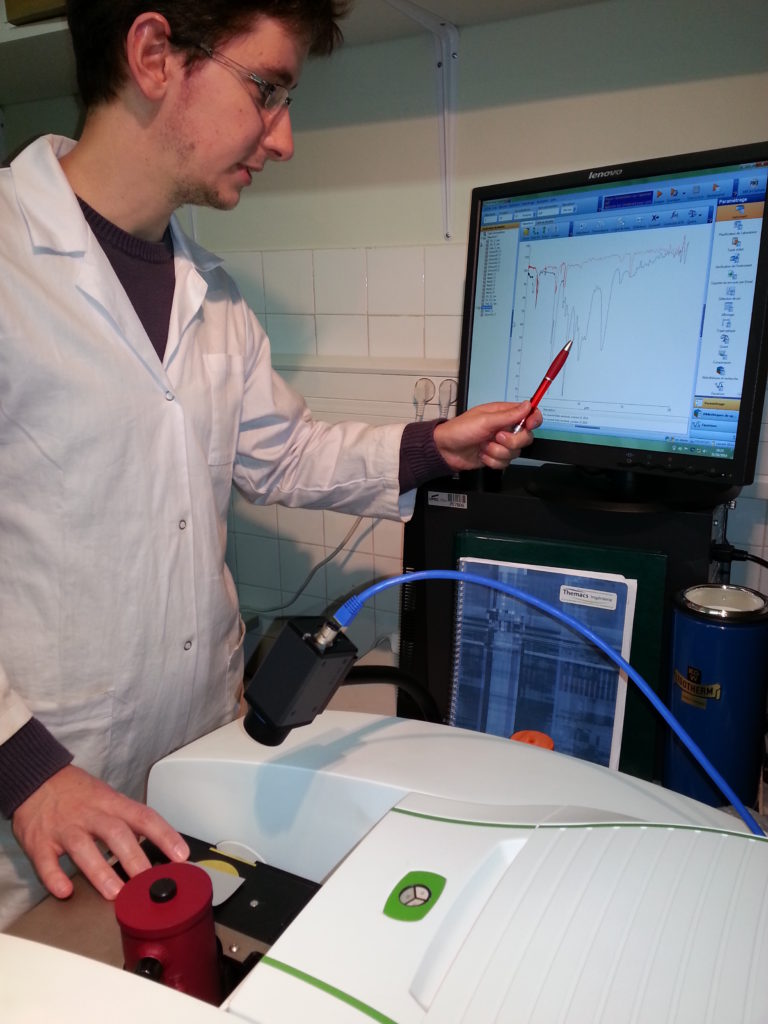Training in infrared thermography
Public
- Technicians
- Thermography operators
- Analysts
- Energy diagnostic report writers
- Wealth managers
Prerequisites
Scientific baccalaureate level (other candidate profile studied on request)
The + of the training
- Training in small groups by teacher-researchers with expertise in thermography
- Large space devoted to practice (possibility to use the trainee’s camera)
- Training program based on ISO / FDIS 6781-3 and independent from manufacturers
Teaching methods
- Limitation of 10 trainees per session – minimum of 4 trainees
- Registration one month before the training
Validation
The training gives rise to a certificate of follow-up and a university certificate in case of successful completion of the final test
Place of training
I.U.T. de CRETEIL – Department of Physical Measurements UNIVERSITE PARIS-EST CRETEIL
61 avenue du Général de Gaulle – 94010 CRETEIL
On-site training on request
Dates
Training every two months
Duration
24 hours of training over 3 days
Contacts
Pedagogy
Laurent Ibos
ibos@u-pec.fr
Administrative
contact@themacs.fr
Price
1200 € / person
For training on your premises, please contact us
OBJECTIVES / SKILLS
Provide training for infrared thermography users in the use of thermal cameras:
- Understand the basic physical principles influencing the result of thermal imaging
- Know how to take thermal images in conditions conducive to measurement and diagnosis: compliance with measurement rules, equipment adjustment, identification of disturbing phenomena, choice of measurement conditions and necessary equipment
- Know how to perform a critical analysis of thermal images, in particular identify the main visible thermal irregularities
TEACHERS AND PARTNERS
The training courses are led by teachers and teacher-researchers from the IUT of Créteil Vitry, experts in infrared thermography and metrology.
They are involved in industrial research projects concerning the use of infrared thermography for the energy diagnosis of buildings via their associated research laboratory, CERTES.
The training is carried out in partnership with THEMACS Ingénierie , a service company specializing in the field of thermal instrumentation and measurement, integrator and distributor of FLIR equipment. Mr Monchau, founder of THEMACS Engineering, is a member of the AFNOR Thermal Insulation of Buildings commission and ensured the translation into French of the ISO / FDIS 6781-3: 2015 (F) standard
PROGRAM
The content of the training is built from the recommendations of the international standard ISO / FDIS 6781-3: 2015 (E) (Building performance – Detection of irregularities of heat, air and humidity in buildings by infrared methods – Part 3: Qualification of equipment operators, data analysts and report writers).
The training is shared equally between the acquisition of theoretical notions on the one hand and the use of thermal cameras in real situations on the other hand.
The emphasis is more particularly on the respect of measurement rules making it possible to avoid the formulation of erroneous diagnoses with reference to the standards ISO NP 6781-1 and ISO NP 6781-2 (Part 1: General procedures & Part 2 : Equipment requirements).
Knowledge acquisition is validated over time thanks to a self-assessment based on multiple choice questions at the end of the first two days.
1st day:
9h-11h: Principles of infrared thermography: vocabulary and general notions of thermics
11 am-1pm: What is a thermal image?
2 pm-5:30pm: Getting started with a camera, device settings, saving and viewing images
5.30 p.m.-6 p.m .: self-assessment
2nd day:
9 am-11am: Heat, air and humidity transfers in buildings
11 am-1pm: How to correctly use a thermal camera in a measurement situation?
2 p.m. to 5:30 p.m .: On-site measurements with a thermal camera (preparation of tests, taking images, additional measurements)
5.30 p.m.-6 p.m .: self-assessment
3rd day:
9 am-11am: detection of thermal irregularities in the building envelope
11 a.m. – 1 p.m.: detection of faults in energy systems
2 p.m. – 4 p.m .: writing an individualized operating procedure
4 pm-6pm: Final test (1 hour theory + 1 hour practice)
Our team advises you to best meet your expectations

